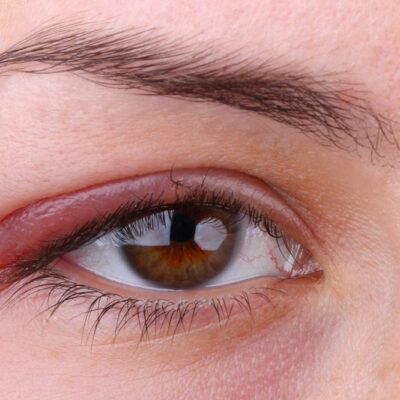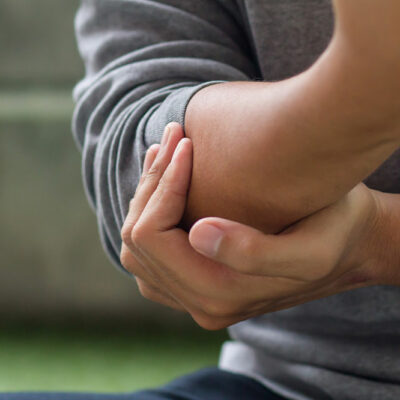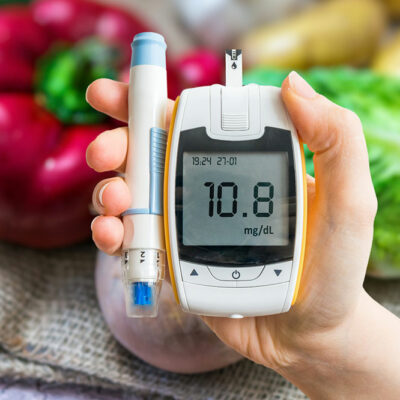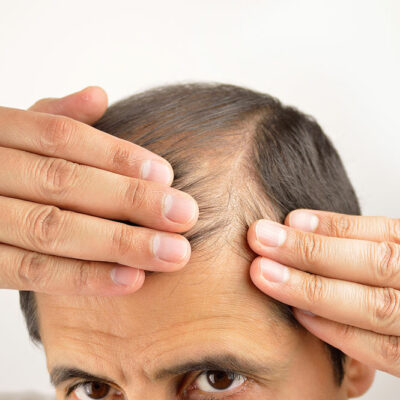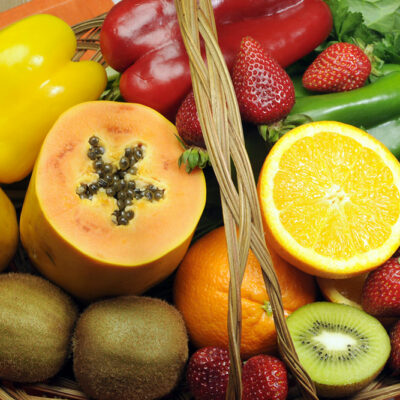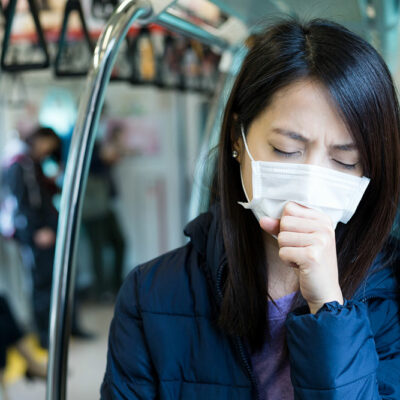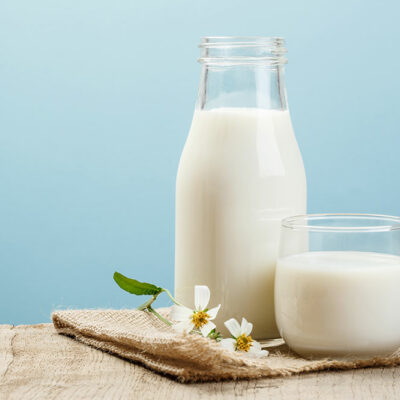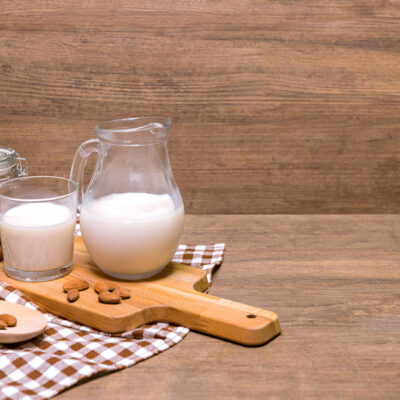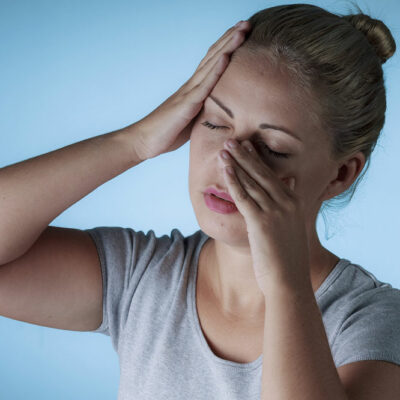
Chronic fatigue – A brief overview
Chronic fatigue is a type of condition in which one experiences extreme fatigue and tiredness. It does not go away with rest and can even be caused due to an underlying condition. Medically, this disorder is also referred to as myalgic encephalomyelitis or systemic exertion intolerance disease. Chronic fatigue symptoms The main symptom of this disorder is a kind of exhaustion, which can result in flu-like symptoms. When one undertakes physical activities, one may not have any energy for other activities. Research indicates that people who have this disorder tend to have a varied physiological response to any kind of physical activity. So, some common symptoms can include the following: Having extreme tiredness Having joint pain or muscle pain Having frequent headaches Feeling dizzy or extremely sick Irregular heartbeats or having a fast heartbeat If someone experiences any of these symptoms, we recommend consulting a medical expert for a proper plan of treatment. When one has the right information, it is easier to understand the reason for constant fatigue. Chronic fatigue causes Chronic fatigue has a lot of different causes. However, experts say that there is no fixed reason. Instead, there are plenty of triggers for it. For instance, certain factors can increase the chances of developing chronic fatigue.
Read Article 
